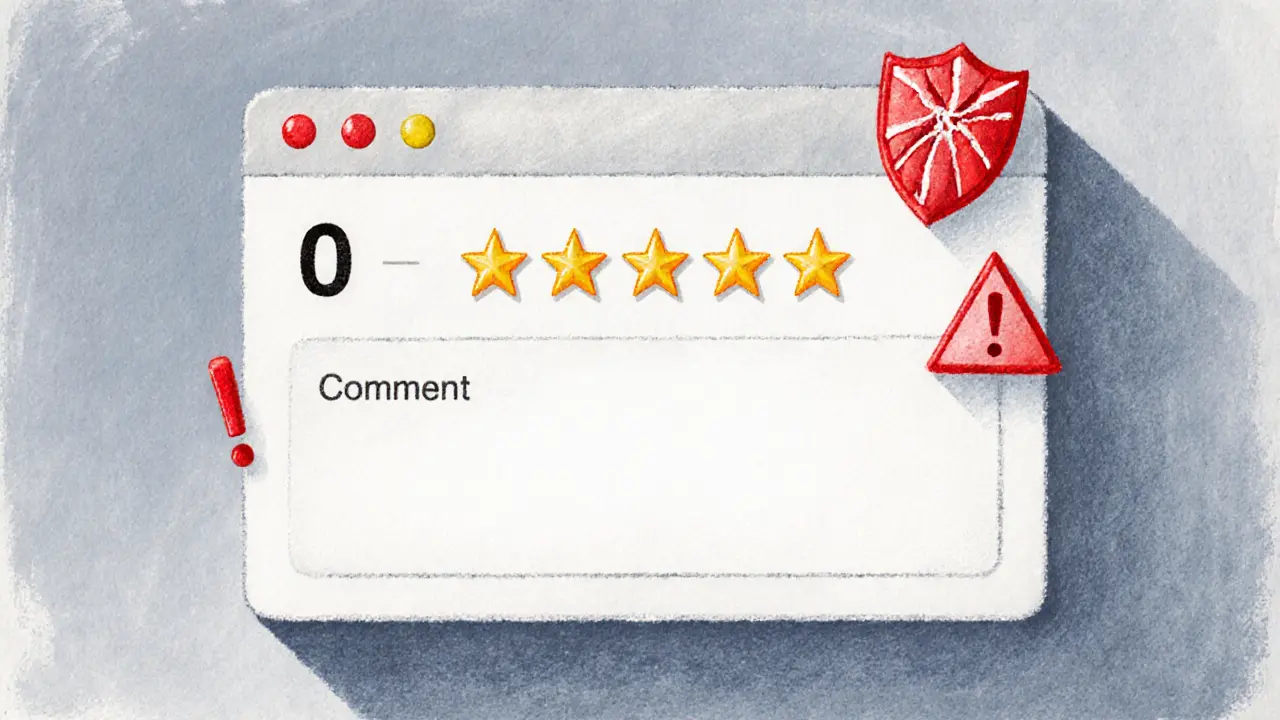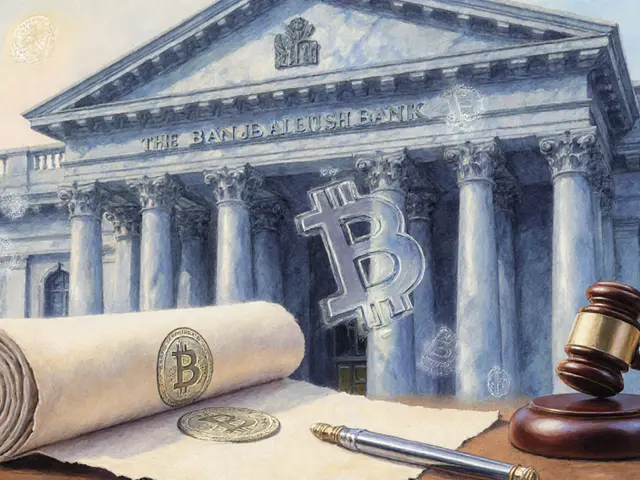Exchange Safety – Your Guide to Picking Secure Crypto Platforms
When working with Exchange Safety, the set of practices that keep crypto platforms secure, compliant, and trustworthy. Also known as exchange security, it protects traders from hacks, fraud, and regulatory fallout. Crypto exchanges online marketplaces where users buy, sell, or swap digital assets must meet strict regulatory compliance adherence to local financial laws, AML/KYC rules, and consumer‑protection standards to earn user trust. In short, exchange safety is the backbone of a healthy crypto ecosystem.
Key Factors That Shape Exchange Safety
First, exchange security the technical safeguards like cold‑storage, multi‑sig wallets, and regular penetration testing determines how well a platform can fend off attacks. Platforms that store the bulk of user funds offline, enforce two‑factor authentication, and undergo third‑party audits score high on this metric. Second, regulatory compliance the legal framework that forces exchanges to register, report suspicious activity, and protect consumer data adds a layer of accountability. When a regulator like the SEC, MAS, or ASIC recognizes an exchange, the odds of surprise shutdowns or hidden fees drop dramatically.
Third, fee transparency is a practical safety indicator. Hidden withdrawal fees or wide bid‑ask spreads can erode profits and mask liquidity issues. Look for clear fee tables, real‑time data, and a reasonable fee‑to‑service ratio. Fourth, user‑experience design matters: clear withdrawal processes, responsive support, and a well‑documented dispute resolution policy all reduce the chance of accidental loss. Finally, reputation built on community feedback matters. Platforms such as Binance, Coinbase, and Kraken have large user bases that quickly highlight security incidents, while newer exchanges like ZBG or Deliondex must prove their track record through independent reviews and audit reports.
All these elements intertwine: exchange security reduces the technical risk, regulatory compliance caps legal risk, and fee transparency builds financial confidence. When they align, the exchange becomes a reliable gateway for traders, investors, and businesses alike.
Below you’ll find a curated collection of articles that dig deeper into each of these safety aspects. From Nigerian crypto regulation that shapes how businesses can accept digital payments, to detailed reviews of ZBG and Deliondex highlighting fees, security, and trustworthiness, the posts give you actionable insights. Whether you’re hunting for the best fee structure, checking a platform’s AML policy, or weighing the risks of a new token airdrop, the content is organized to help you make safe, informed decisions.

A thorough 2025 review of VyFinance crypto exchange, highlighting zero reviews, lack of licenses, security concerns, and safer alternatives like Binance or DEXs.
Jonathan Jennings Oct 21, 2025




